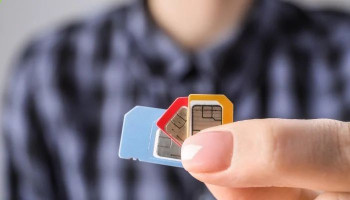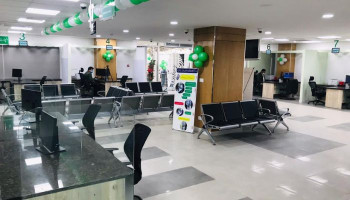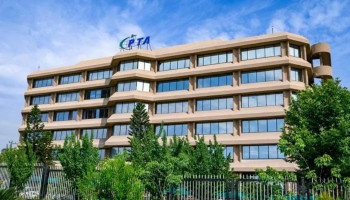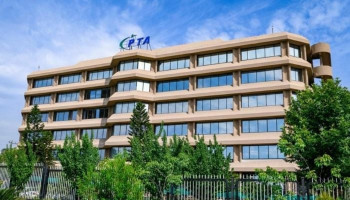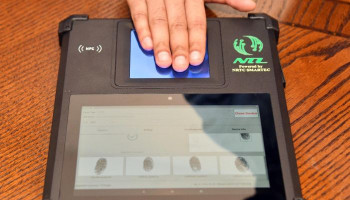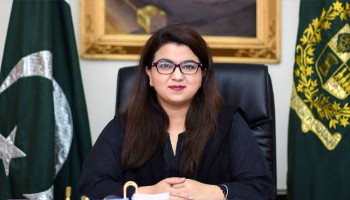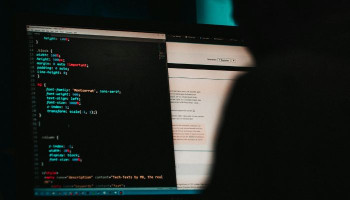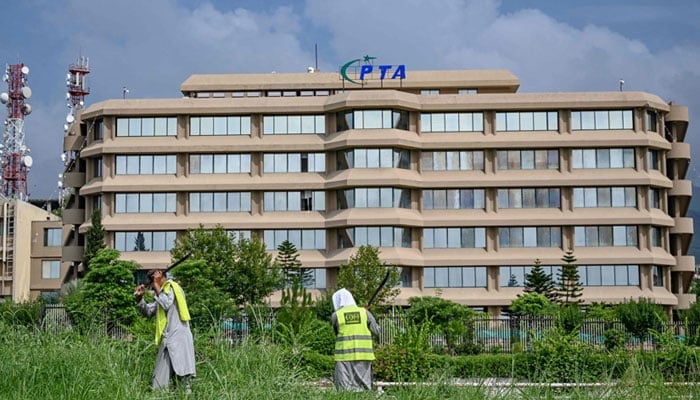
The Pakistan Telecommunication Authority (PTA) has taken measures to stop illegal activities by blocking around 5,294 mobile phones as well as 4,507 International Mobile Equipment Identity (IMEI) numbers associated with fraudulent activities during the fiscal year 2023-2024.
The telecommunication authority’s crackdown also included the blacklisting of 113 national ID cards; however, warnings were issued to 19,730 mobile numbers involved in various illegal activities.
Additionally, PTA also worked closely with the Ministry of Interior (MoI), Directorate General ISI, and Signals Directorate GHQ to address matters regarding national security, such as the blocking of SIMs used by criminals.
Read more: IT minister says web management system shields consumer data
However, following a directive from the MoI dated July 25, 2023, PTA blocked 465 SIMs that were identified as being used in illegal activities by criminals in the “Kacha” areas of Sindh, such as the districts of Shikarpur and Ghotki.
PTA to phase-wise combat illegal activities
PTA also emphasised that the illegal use of mobile phone SIMs, often linked with various unlawful activities will not be tolerated.
Therefore, the telecommunication authority has also launched a phased approach to fight against the illegal use of smartphone SIMs across the country. During the first phase, which was initiated on August 16, 2024, SIMs registered with fake credentials or cancelled ID cards were targeted for deactivation.
However, phase two, which began on September 2, 2024, focuses on blocking SIMs tied to expired ID cards while the third phase will involve deactivating SIMs registered under deceased individuals’ names.





